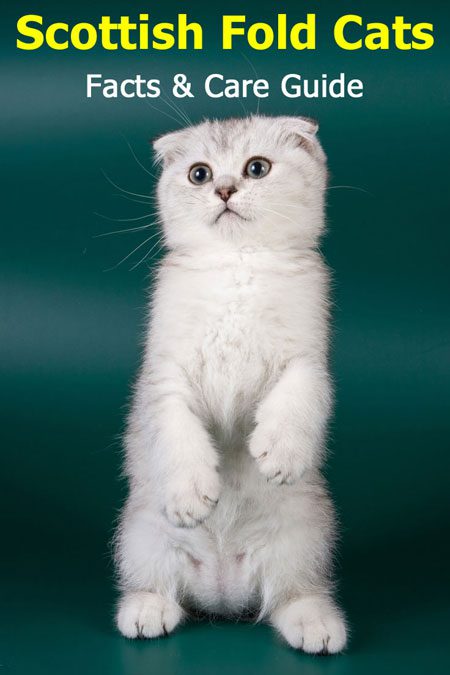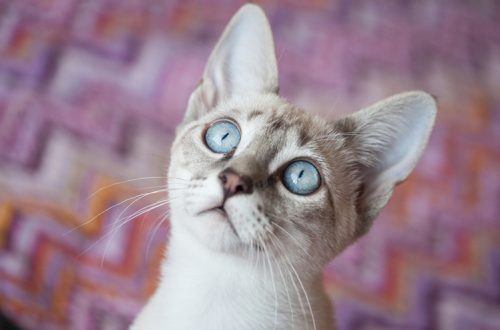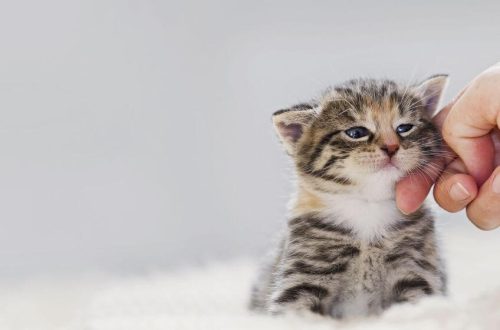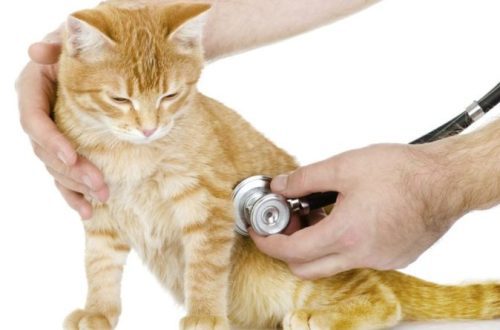
Scottish fold kittens: choice, nickname and care
Scottish folds are one of the most popular and recognizable cats in the world, whose folded ears and large eyes give them a particularly touching and cute look. If you are planning to get a Scottish Fold kitten, it is important to know the characteristics and needs of this breed. In this article, you will learn where to buy small Scottish folds, how to distinguish them from ordinary outbred kittens, and what kind of care your pet will need.
Contents
Who are Scottish Folds suitable for?
The Scots are distinguished by a calm and friendly character, get along with other animals and are very fond of children. These cats are strongly attached to the owner, but independent enough to survive his absence during the working day. The activity is average: Scotties are happy to run after a rope or chase a ball, but they will not make wild jumps around the house.
How to choose a Scottish kitten
If you want to get a healthy and beautiful pet, get kittens from trusted breeders who understand the intricacies of breeding Scottish Folds. In practice, sometimes there are cases of crossing two lop-eared cats, which leads to the birth of kittens with pathologies. To obtain healthy offspring, only one parent must have the lop-eared gene, and the second must be a Scottish Straight (Scottish Straight).
It is desirable to choose a kitten at the age of 2–2,5 months. At this point, he is ready to wean from mother’s milk and knows how to use the tray. Most babies have finally formed ears. A healthy kitten should be active and playful, with a clean coat, clear eyes and no kinks in the tail.
How can you tell if a kitten is purebred? This can only be unambiguously confirmed by a pedigree officially registered in a felinological organization. In such a document, not only the parents of the kitten are indicated, but also all of its ancestors up to the 4th generation.
How to care for a Scottish Fold kitten
- The Scots have a plush coat with a thick undercoat that requires regular brushing at least once a week. Purchase a brush, furminator, or special rubber glove from the pet store.
- Trim your pet’s nails carefully so that they don’t injure children or damage furniture.
- If the kitten has watery eyes (which is not uncommon for the Scots), you need to clean the corners of his eyes daily with a damp cotton swab.
- Tightly folded ears also require your attention. Every 7-10 days, gently unfold your pet’s ears and check for dirt or wax buildup. For cleaning, you need to use a special liquid for cleaning the ears and cotton swabs.
- It is necessary to wash a kitten only before the show or in exceptional cases (heavily soiled wool, fleas, etc.).
- Visit the veterinary clinic regularly to monitor your pet’s health and receive care advice from your veterinarian.
What to feed a kitten
The ideal option is a special cat food with an optimal nutrient content for harmonious development. There are wet foods that are best for very young kittens, and dry foods for older ones. Dry food not only ensures the full development of the kitten, but also helps prevent the formation of plaque on the teeth.
If you prefer to feed your pet with natural products, make a balanced diet. Excess meat and offal (in violation of the calcium-phosphorus ratio) can cause alimentary osteodystrophyto which the Scots have a predisposition.
No matter what food you choose, the kitten should always have access to clean fresh water.
Why does the Scotsman’s ears perk up?
Some lop-eared kittens have their ears raised again after 3 months. This is not due to an excess of calcium (as many mistakenly believe), but for genetic reasons. In addition to the main lop-eared gene, a whole set of additional genes affects the shape of the ears, so in a grown kitten, the ears may turn out to be loosely pressed or directed to the sides. If it is important for you that your pet’s ears do not stand up, get a kitten at the age of 4 months.
How to name a Scottish kitten
Kittens from catteries have multiple official names that are too complex for daily use. Come up with a simple short nickname for your kitten, then he will easily remember it and will respond to it. The nickname can reflect the color (Umka, Peach, Tigra, Haze) or the character of your pet (Nezka, Winnie, Zaya, Beetle). Consider also names of Scottish origin, such as Finn, Douglas, Nessie or Leslie.





